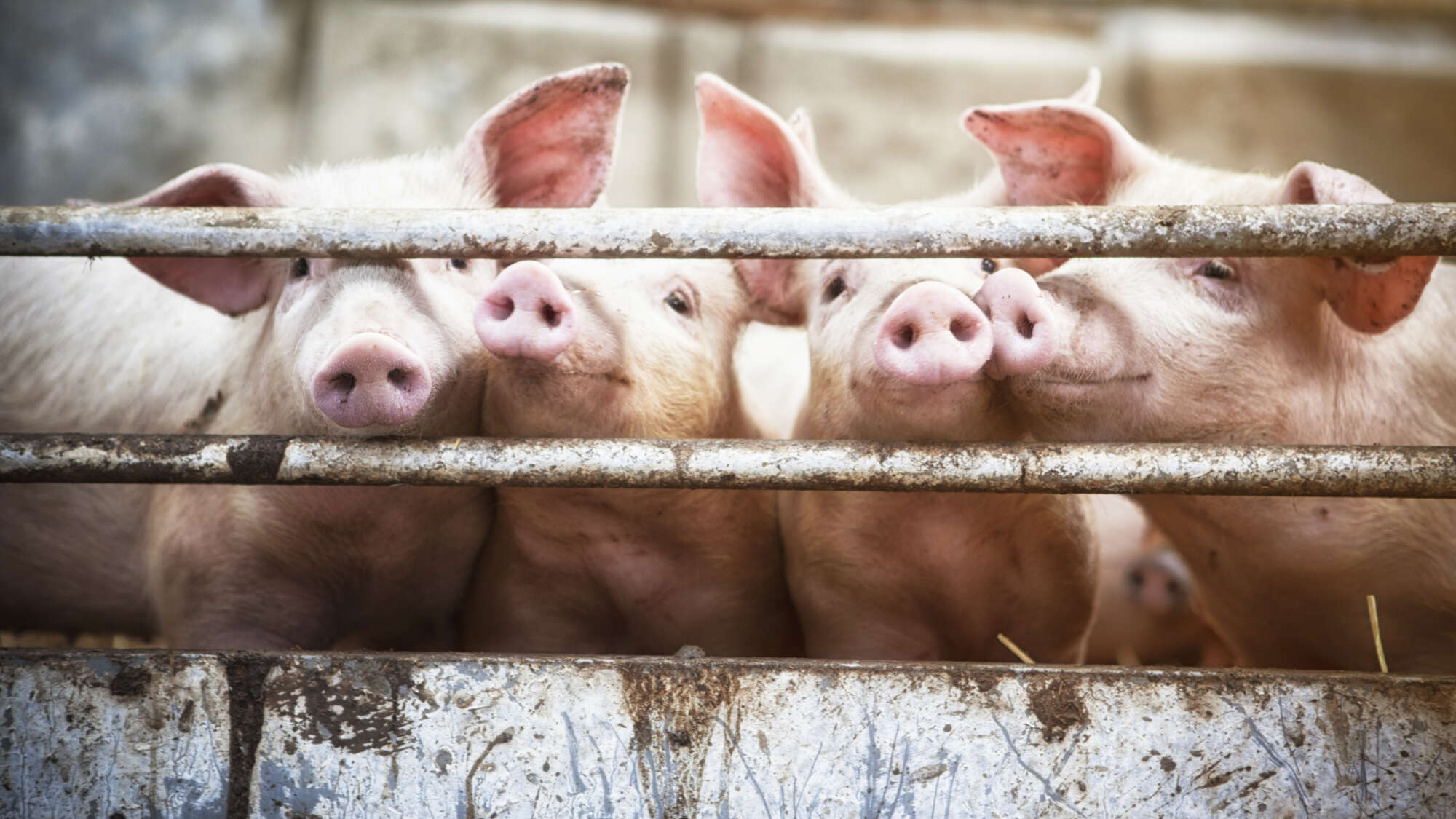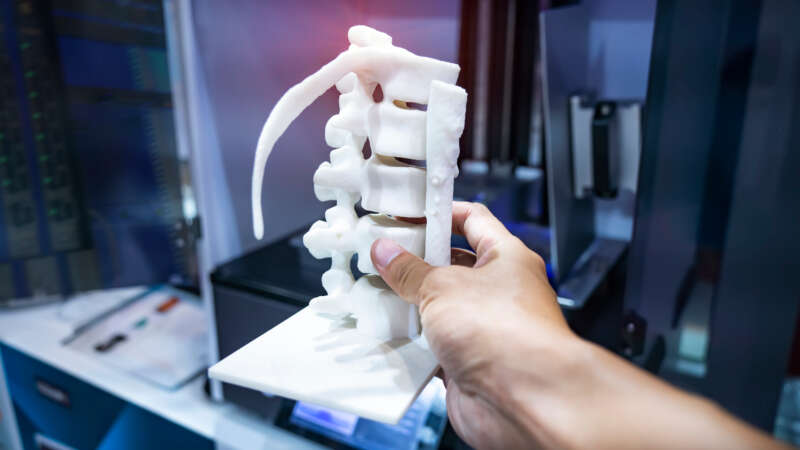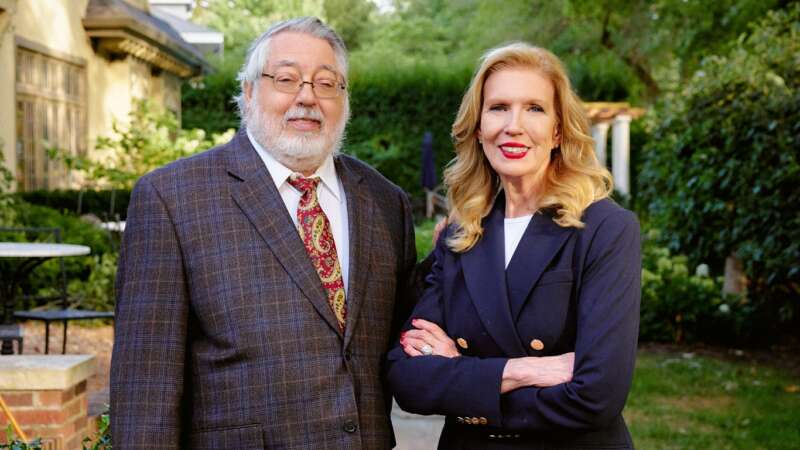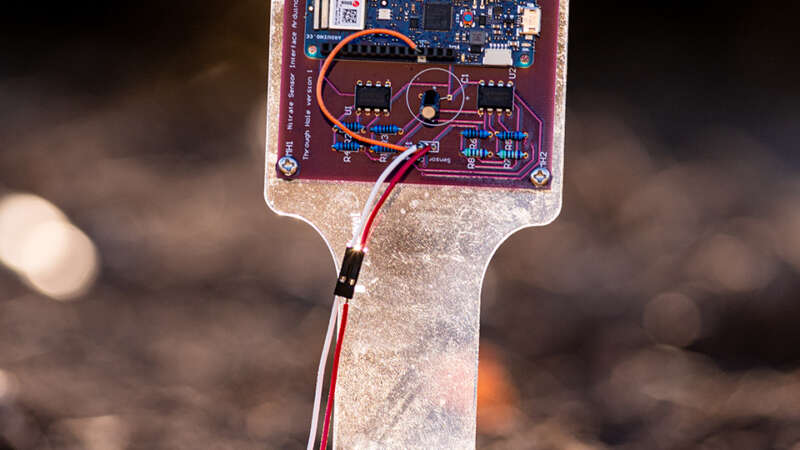K-State professor receives national recognition for food production health research in cattle and swine.
Most people’s thoughts surrounding food safety begin and end in the kitchen. For Dr. Raghavendra Amachawadi, food safety is a constant priority — starting in the research lab.
Amachawadi, an associate professor in food animal therapeutics, is exploring innovative methods to ensure food production health by addressing antimicrobial resistance in beef cattle and swine. His groundbreaking research has earned him the Outstanding Young Researcher Award from the Midwest American Society of Animal Science, highlighting a commitment to promoting better public health.
How would you explain the core of your research?
A: I focus on understanding how bacteria in food animals, specifically cattle and pigs, develop antibiotic resistance. My research aims to address this growing concern in public health, working to ensure animals stay healthy while reducing the spread of resistant bacteria.
Finding alternatives to antibiotics involves the exploration of natural compounds and other innovative strategies. When successful, these alternatives can prevent or treat infections in these animals and reduce the risk of antibiotic resistance.
How will this research improve food animal production?
A: Minimizing antimicrobial resistance would significantly impact the food animal production industry. By ensuring antibiotics remain effective when treating sick animals, industry can more efficiently and reliably produce healthy livestock.
This research also meets growing consumer and regulatory demands for reduced antibiotic use in animal products. Finding viable alternatives allows antibiotics to be used sparingly, which supports the industry’s move toward sustainable and responsible farming practices. Every piece comes together to protect public health and the long-term life of the industry.
What sparked your passion for safety within this industry?
A: My passion for this field was deeply influenced by my experiences as a veterinarian in India. I watched antibiotics consistently become less effective and faced significant challenges when treating animals. These struggles highlighted the pressing need for effective solutions.
I began my dedication to this research during my graduate studies at K-State, over 15 years ago. Because I have witnessed the detrimental effects on animal health and human safety firsthand, I have maintained an unwavering commitment to finding a solution. By finding innovative approaches, there is an opportunity to make a tangible difference in veterinary practice and public health, solving a prevalent global issue.
What do you love about sharing this passion with students?
A: My favorite part about mentoring students is seeing them develop skills and confidence to contribute meaningfully to the field. Fostering the next generation of scientists is crucial, especially in food-animal agriculture.
It’s incredibly rewarding to see my mentees bring fresh ideas and new energy into research that has a direct impact on animal and human health. The challenges of antimicrobial resistance, animal health and sustainable production are constantly evolving, so it is more important than ever to fill the field with well-prepared, passionate individuals.
While mentoring allows me to help students succeed in their academic and professional careers, it also allows me to make a more long-term impact. Through mentoring, I can help ensure our field will continue to innovate toward addressing critical issues. These students’ contributions will shape the future of food animal agriculture, making it more resilient, sustainable and capable of meeting global demands.
Invest in the College of Veterinary Medicine to support researchers like Dr. Amachawadi.
Written by: Abbigail Marshall



